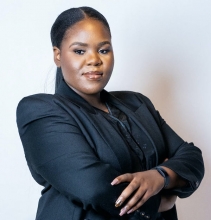Personal loans in British Columbia: the basics.
British Columbia can be an expensive province to live in — especially if you’re in one of the major cities, such as Vancouver or Victoria.
It's one reason why you might need to take out a loan to meet your financial obligations.
But before you rush to apply for one of the many personal loan offers available in British Columbia, you should take some time to learn about what a personal loan is. We’re here to help.
Read on as we take you through what you need to know about getting a personal loan and how to secure the best personal loan rates in British Columbia.

